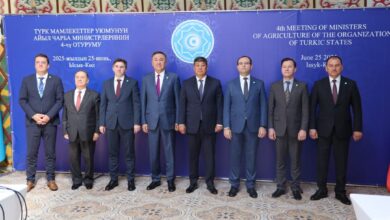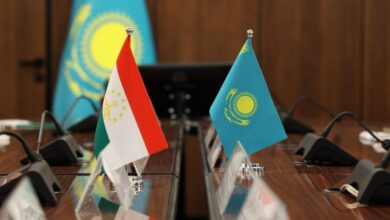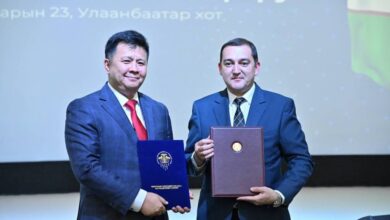Government to Support 60,000 Business Projects in Kazakhstan in 2024
Approximately 60,000 business projects are set to receive government support in Kazakhstan throughout 2024, as discussed in a government meeting chaired by Prime Minister Alikhan Smailov.

During the meeting, Minister of National Economy Alibek Kuantyrov highlighted the state’s ongoing efforts to enhance business conditions, reduce administrative burdens, and stimulate the business sector.
The “Business Road Map” (BRM) and “Economics of Simple Things” (EPW) programs, known for subsidizing interest rates on loans, remain popular tools. Last year, over 12,000 projects were subsidized for a loan amount of around 1 trillion tenge, with guarantees provided for 8,000 projects worth 340 billion tenge.
Non-financial support included training for over 10,000 entrepreneurs and consultations for more than 166,000 individuals. This year’s budget allocates funds to support 40,000 ongoing and 20,000 new SME projects.
The newly developed program combines state support measures, unifying the DKB and EPV programs. Emphasizing the development of competitive industries, the program will gradually transition from subsidies to guarantee instruments. The guaranteed loan amount has increased to 3.5 billion tenge (guarantees up to 50%), aiming to address the main challenge of businesses lacking collateral.
Chairman of the Presidium of the National Chamber Raimbek Batalov reported on the SME support and development work carried out through the NCE Atameken.
Prime Minister Alikhan Smailov emphasized the government’s extensive efforts to support domestic entrepreneurs, leading to an increase in the share of small and medium-sized businesses in the country’s GDP to 36.5%. The ongoing regulatory reforms, including the “clean slate” initiative, have streamlined business incentive measures. Smailov noted the exclusion of 9,000 unnecessary requirements, with a remaining 1,000 to be addressed through legislation.
To further reduce the administrative burden, an automated risk management system has been introduced this year, aiming to decrease scheduled business inspections and legal actions against entrepreneurs. Tax incentives, such as the introduction of a 4% retail tax regime and a reduced financial burden for micro and small businesses, have been implemented.
While acknowledging progress, Prime Minister Smailov highlighted remaining challenges, such as the need for akimats to address growing infrastructure needs for businesses. The emphasis was placed on transitioning to a service model of taxation to provide more support for businesses. Additionally, the Prime Minister instructed the Ministry of National Economy to review approaches to the administration of value-added tax and expedite the development of regulations to stimulate new projects in the manufacturing industry.



